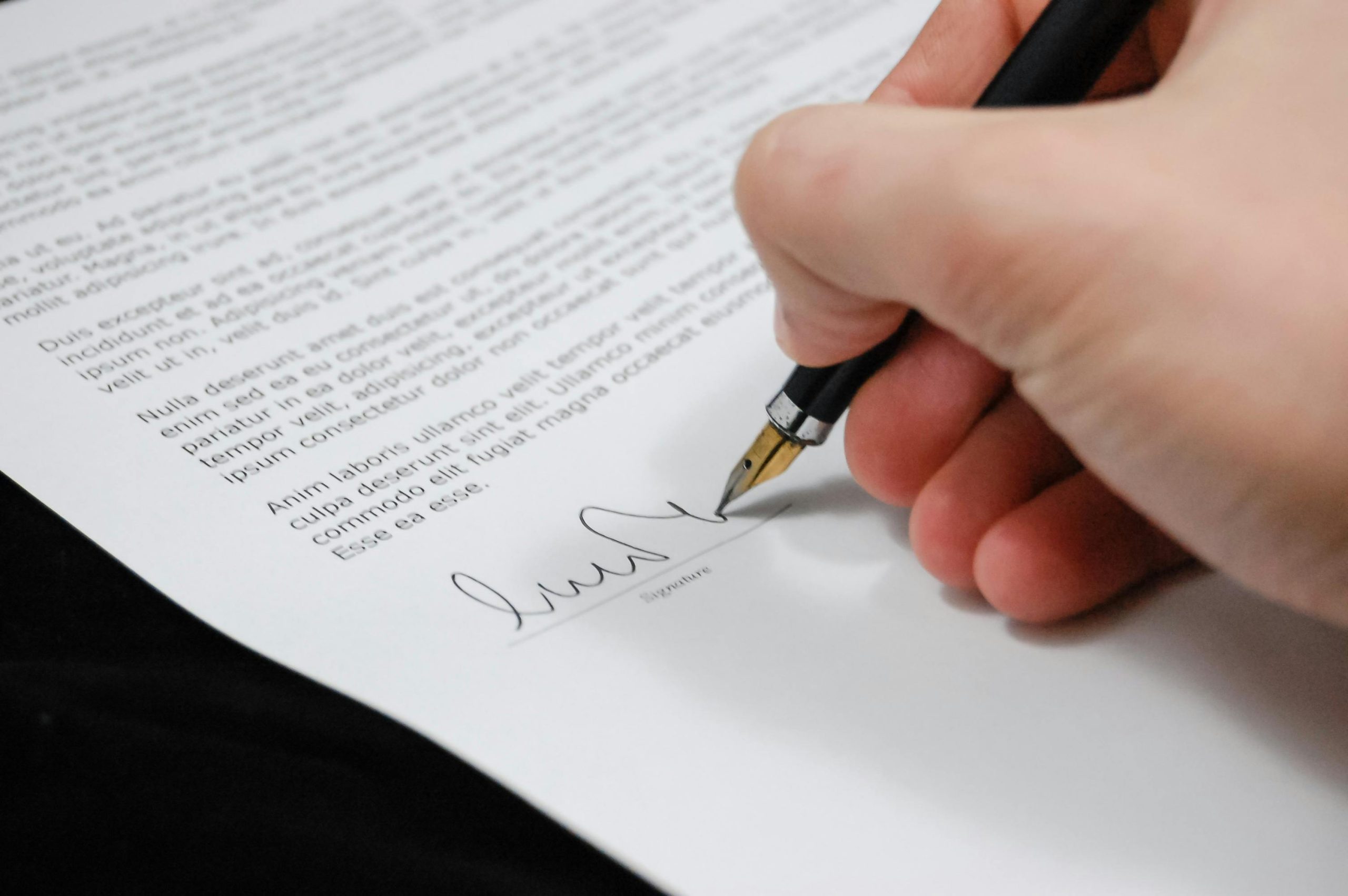
Planning for the future is essential, and that includes considering what might happen if an aging loved one becomes unable to make decisions for themselves. Two key legal tools that can help with this are Powers of Attorney (POA) and guardianship.
Choosing between these options depends on various factors, including the level of incapacity, the individual’s wishes, and specific state laws. Let’s look at POAs and guardianships, exploring their differences to help you understand which might be right for your situation.
What is a Power of Attorney (POA)?
A POA allows an individual to appoint someone they trust to manage their affairs if they become incapacitated. There are different kinds of POAs, including durable and springing. The durable power of attorney takes effect immediately once created. A springing power of attorney means it only becomes effective when a doctor declares the individual incapacitated. When the springing option is chosen, it is because someone wants to wait until it is absolutely necessary to give up control. There are also two separate areas a POA can cover: financial, medical, or both.
What is Guardianship?
Guardianship happens only after the individual has become incapacitated and must be ruled on by a judge. It can be difficult to establish guardianship because you must prove the individual is incapacitated with medical evidence and court hearings. In some states, the guardian is responsible for both financial and medical decisions, while in other states, two people can be assigned, each taking on a separate duty. The process of filing guardianship also varies significantly by state.
The Differences Between a POA and Guardianship
Many favor a POA because it allows you to plan ahead. It gives the individual control over who will be making decisions on their behalf when they are unable to. It removes any need for possible court fights because the decision was made when the individual was healthy.
Guardianship is less favorable because it is court-appointed and only happens after the person is incapacitated and can’t make health or financial decisions for themselves.
Another downfall of guardianship is the ability to contest it. A loved one may try to fight giving up any control if they don’t get to choose who makes decisions for them. By planning ahead, there would be little need for court proceedings because your loved one will trust who is in charge.
Why You Should Have a Power of Attorney
Thinking about a loved one becoming incapacitated can be uncomfortable, but planning for the future is crucial. Establishing a POA is a vital step in ensuring their wishes are respected if they are unable to make decisions. Without a POA, the court may appoint someone your loved one wouldn’t choose, and critical decisions could be delayed. A POA ensures a more efficient transition when someone needs to take over. It’s important to remember that anyone acting on behalf of an incapacitated person, whether through a POA or guardianship, has a legal obligation to act in their best interest.
Consult with an elder law attorney to determine the best course of action for your specific situation.
Learn more about senior care and why it could be time to hire a caregiver for your aging loved one.
Download The Complete Guide to Household Payroll
Get our complimentary guide and learn everything you need to know about paying your employees legally and filing your taxes the right way.






 Get your free:
Get your free: